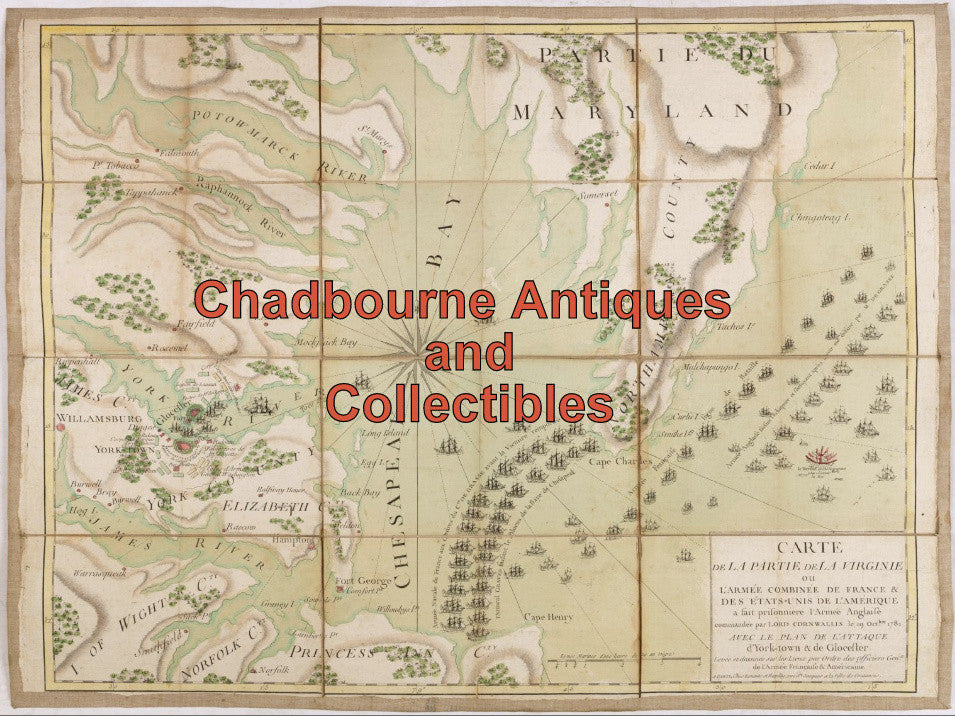$325.00 CAD
| /
Autographs of Duke Ellington, Illinois Jacquet, Booty Wood and Harry Carney.
Signed on a 1970/71 Membership card for the ‘Hot Club de France - Bordeaux’. Affiliated with ‘hot club de France’.
Membership card belongs to Pierre Moglia, and is card #1 for that year. Also signed by Club President at bottom.
Duke Ellington did play a concert in Bordeaux on October 27th 1971, but not all the band members on the card were present....
Card is VF. Slight ink stain LL, very light vertical crease.
11.5 X 7.5 cm / 4-7/16” X 3”
Edward Kennedy "Duke" Ellington ( 1899 – 1974) was an American composer, pianist, and bandleader of a jazz orchestra, which he led from 1923 until his death in a career spanning over fifty years.
Born in Washington, D.C., Ellington was based in New York City from the mid-1920s onward, and gained a national profile through his orchestra's appearances at the Cotton Club in Harlem. In the 1930s, his orchestra toured in Europe. Though widely considered to have been a pivotal figure in the history of jazz, Ellington embraced the phrase "beyond category" as a liberating principle, and referred to his music as part of the more general category of American Music, rather than to a musical genre such as jazz.
Due to his inventive use of the orchestra, or big band, and thanks to his eloquence and charisma, Ellington is generally considered to have elevated the perception of jazz to an art form on a par with other more traditional musical genres. His reputation continued to rise after he died, and he was awarded a special posthumous Pulitzer Prize for music in 1999.
Jean-Baptiste Illinois Jacquet (1919 – 2004) was an American jazz tenor saxophonist, best remembered for his solo on "Flying Home", critically recognized as the first R&B saxophone solo.
Although he was a pioneer of the honking tenor saxophone that became a regular feature of jazz playing and a hallmark of early rock and roll, Jacquet was a skilled and melodic improviser, both on up-tempo tunes and ballads. He doubled on the bassoon, one of only a few jazz musicians to use the instrument.
Mitchell W. Wood, better known as Booty Wood (1919-1987) was an American jazz trombonist.
Wood played professionally on trombone from the late 1930s. He worked with Tiny Bradshaw and Lionel Hampton in the 1940s before joining the Navy during World War II. While there he played in a band with Clark Terry, Willie Smith, and Gerald Wilson. After his service ended he returned to play with Hampton, then worked with Arnett Cobb (1947–48), Erskine Hawkins (1948-50), and Count Basie (1951).
He spent a few years outside of music, then played with Duke Ellington in 1959-60 and again in 1963; he returned once more early in the 1970s. He again played with the Count Basie Orchestra from 1979 into the middle of the following decade.
Harry Howell Carney (April 1, 1910 – October 8, 1974) was an American jazz musician whose virtuosity on the baritone saxophone influenced generations of subsequent players. He also performed on clarinet and bass clarinet, as well as alto saxophone in the early years of his career. Mainly known for his 45-year tenure in Duke Ellington's Orchestra, Carney's strong, steady saxophone often served as the anchor of Duke's music.
WIKIPEDIA
